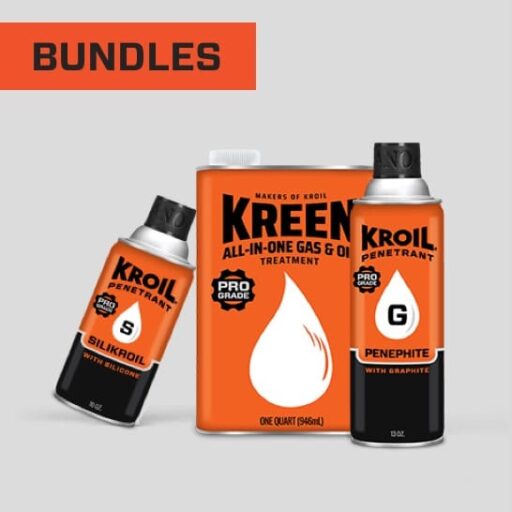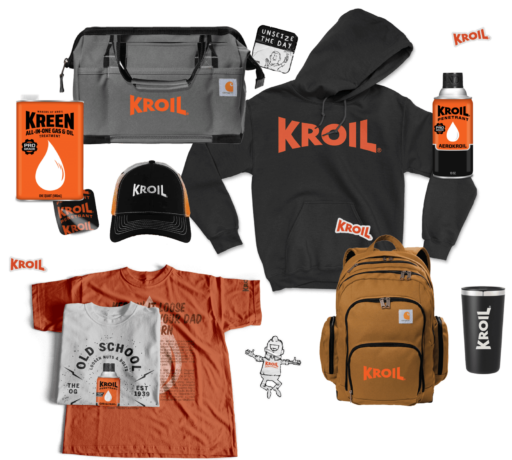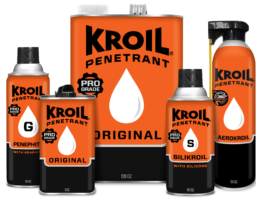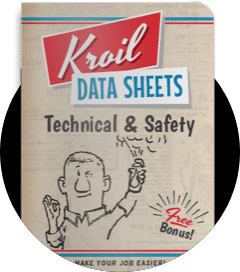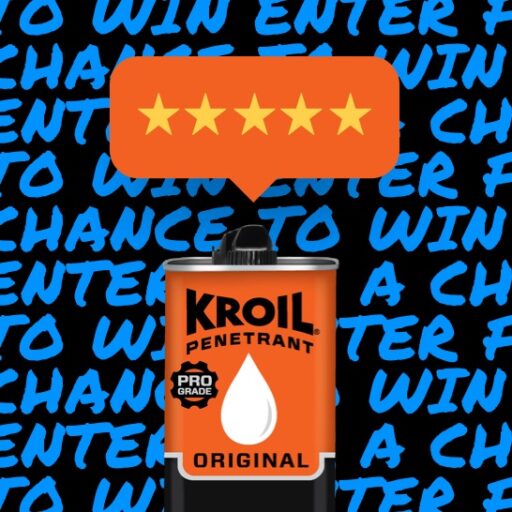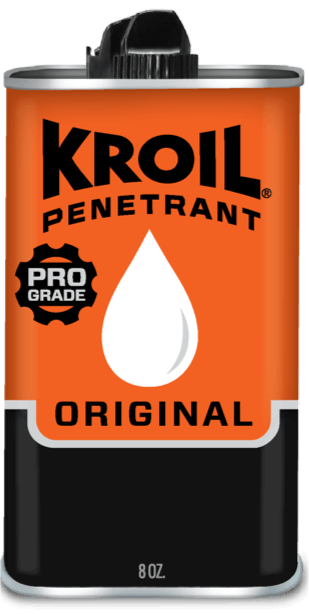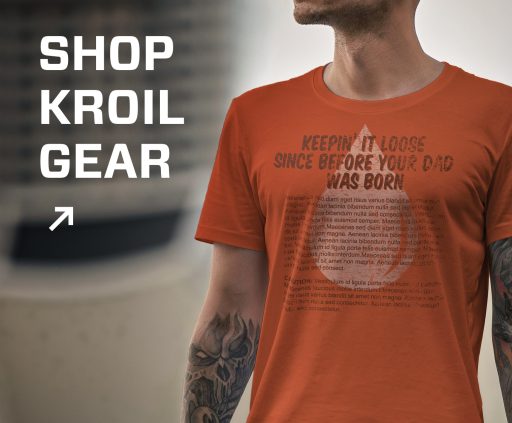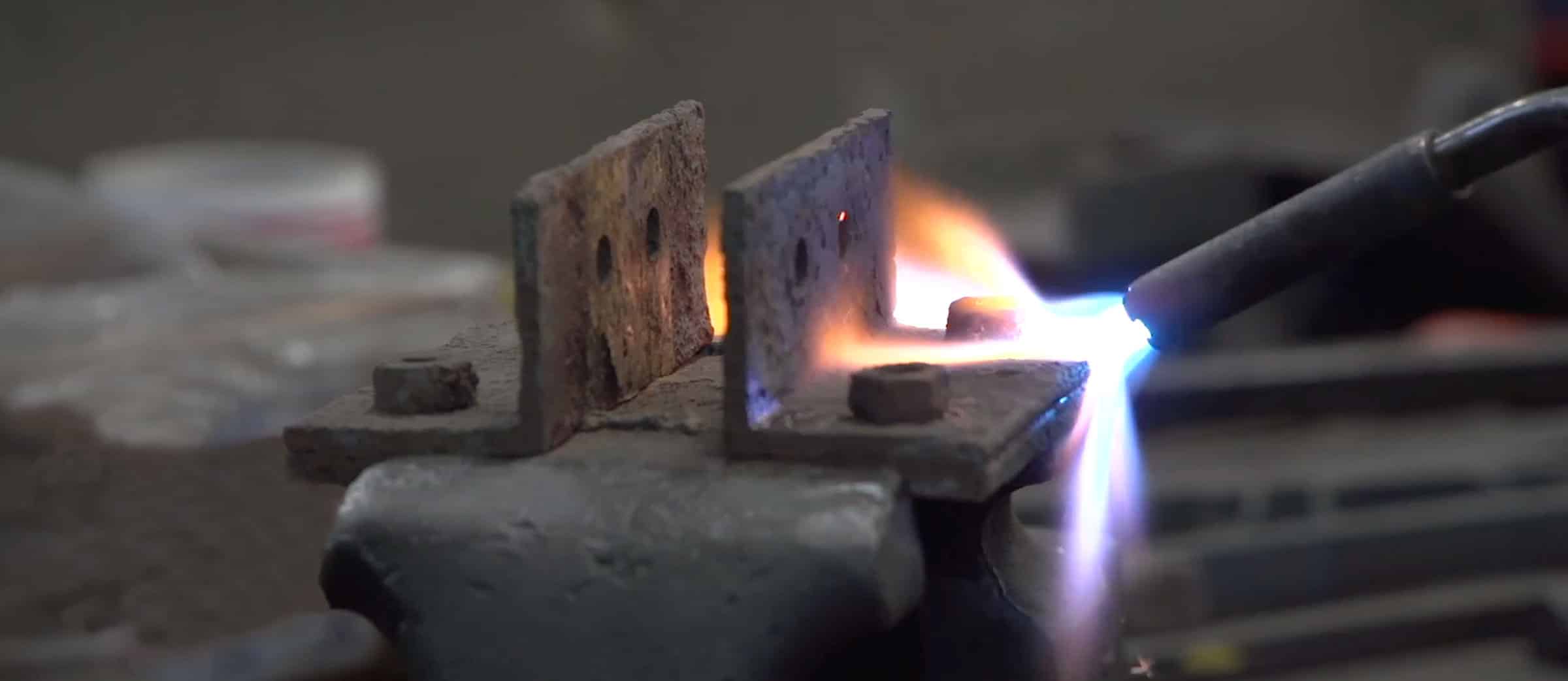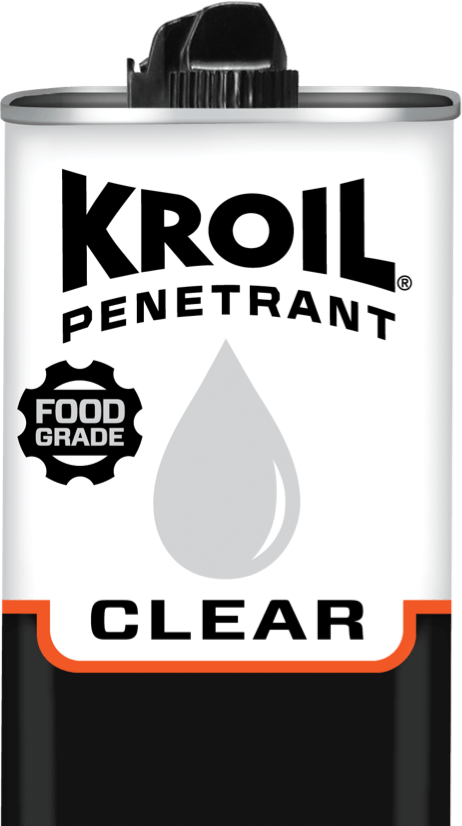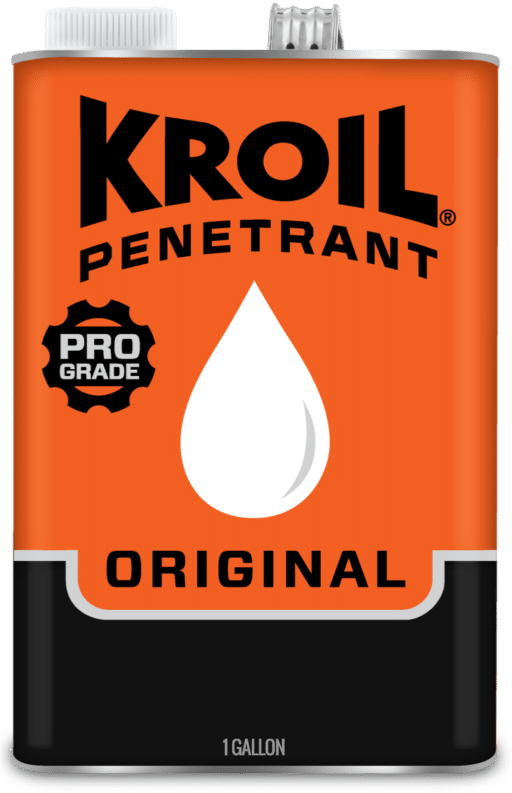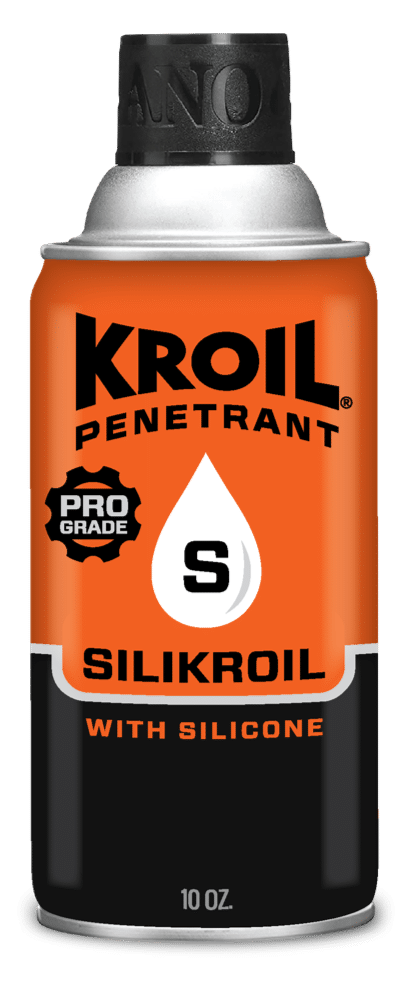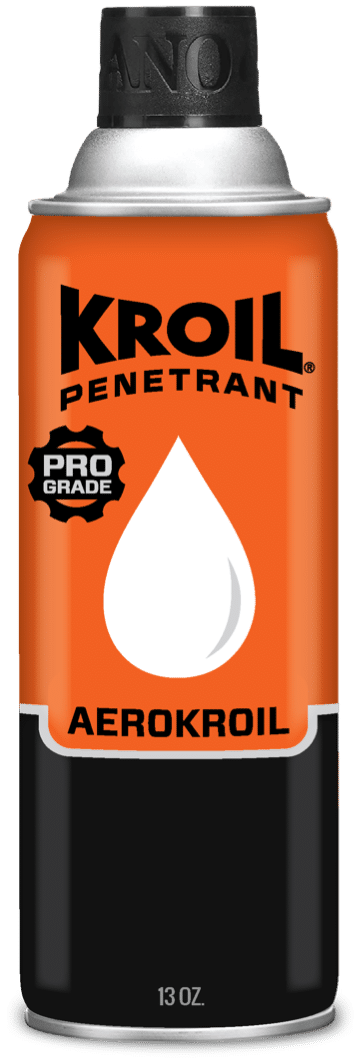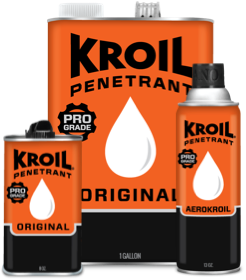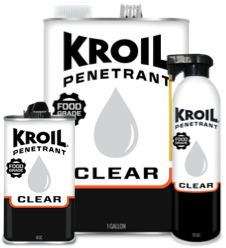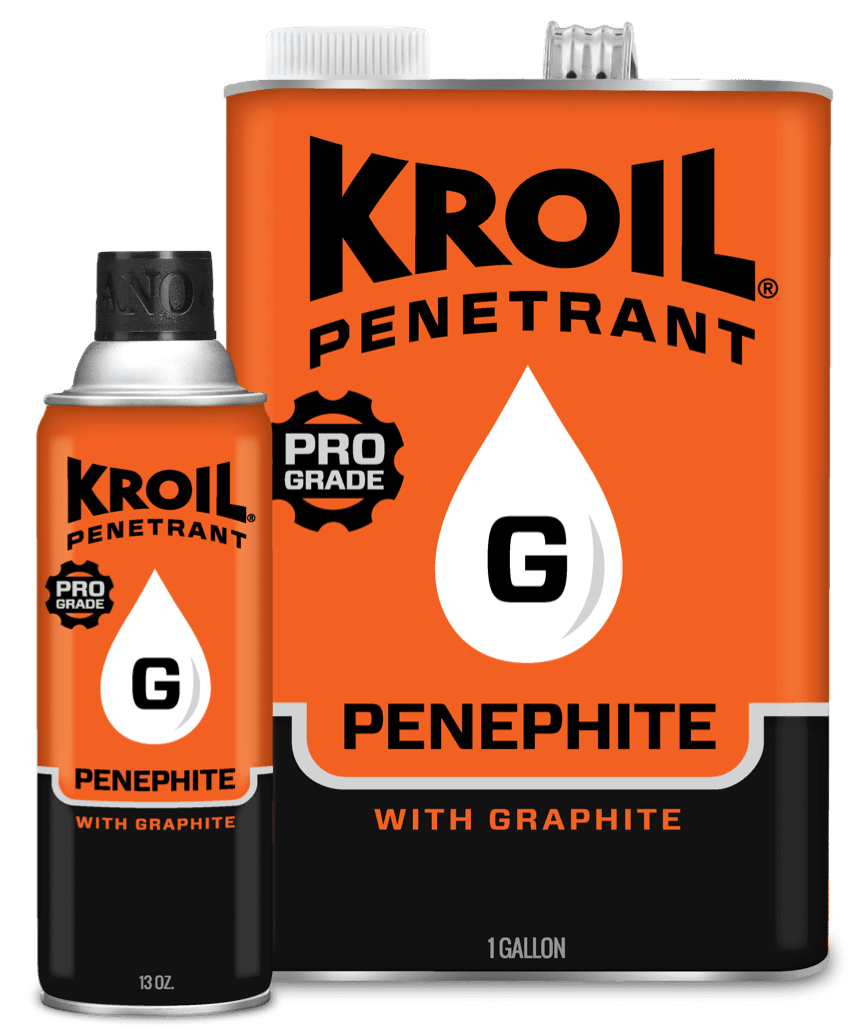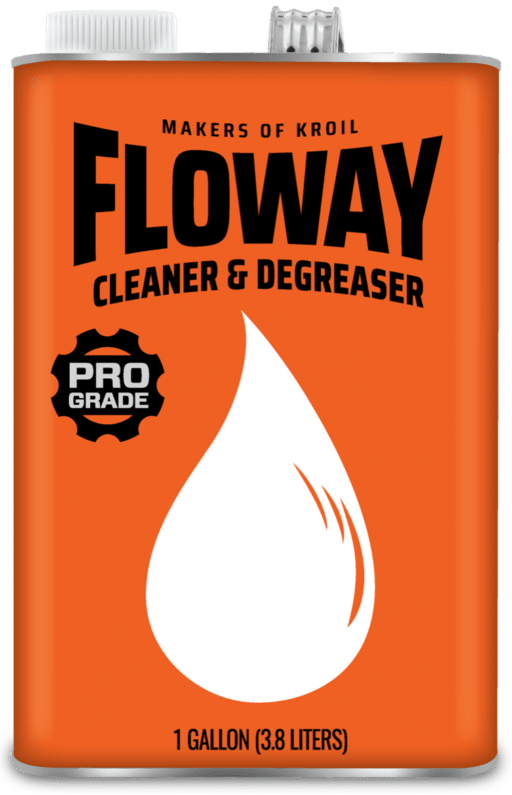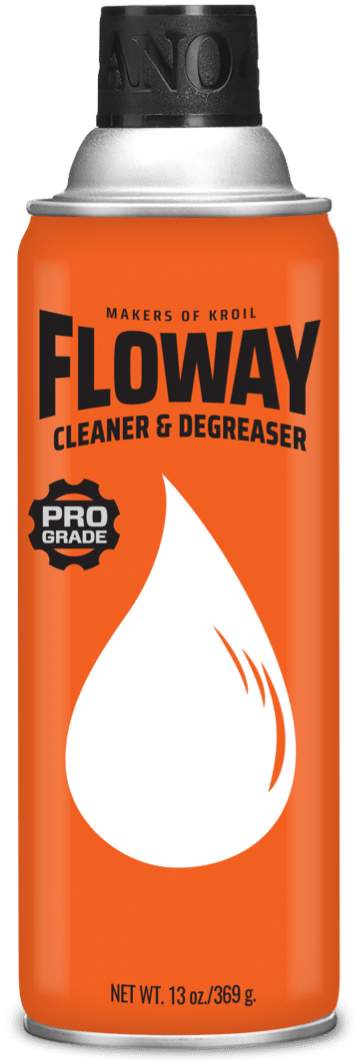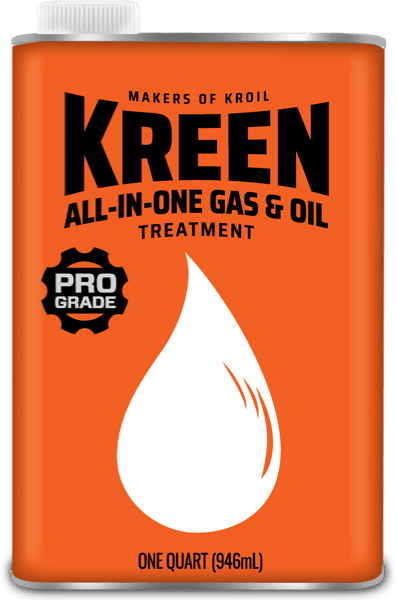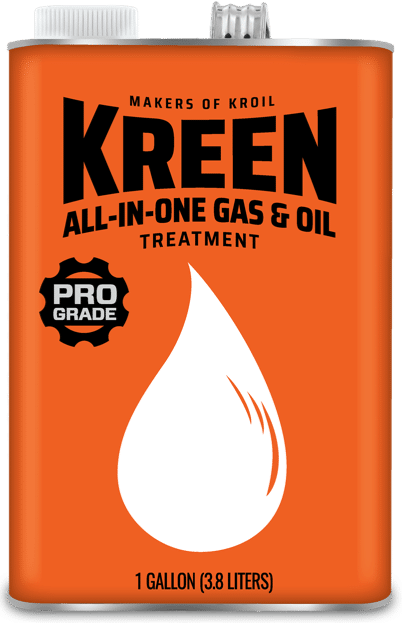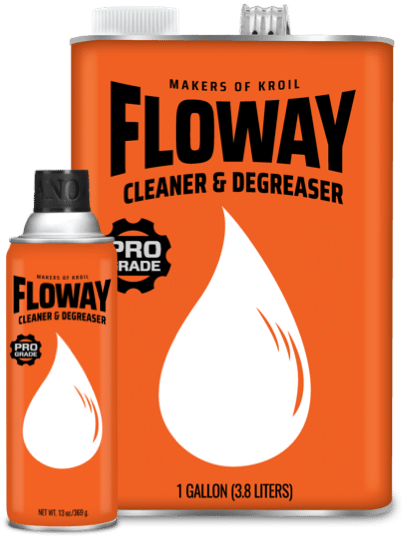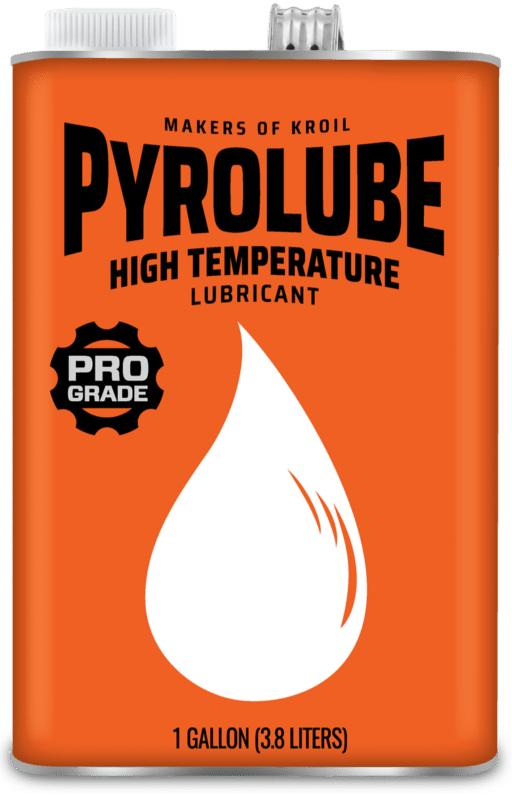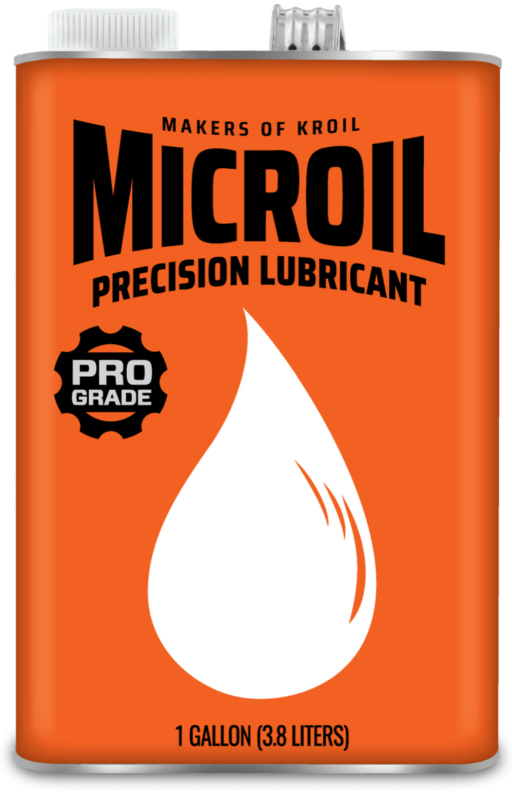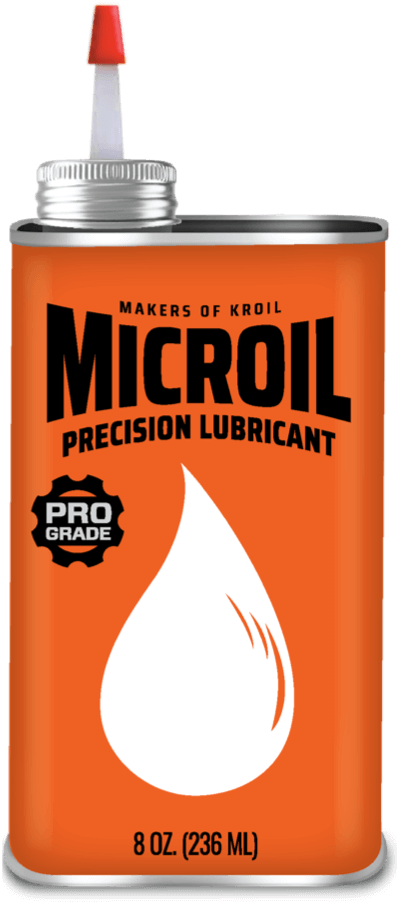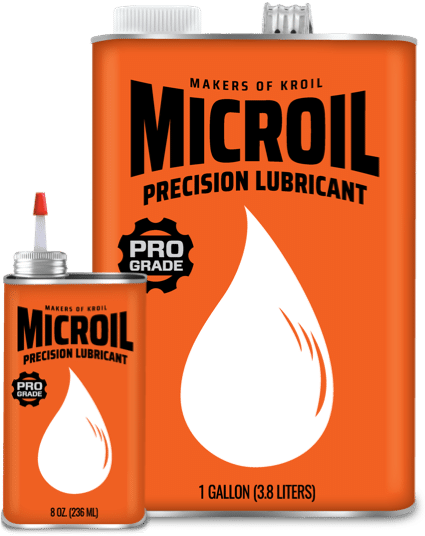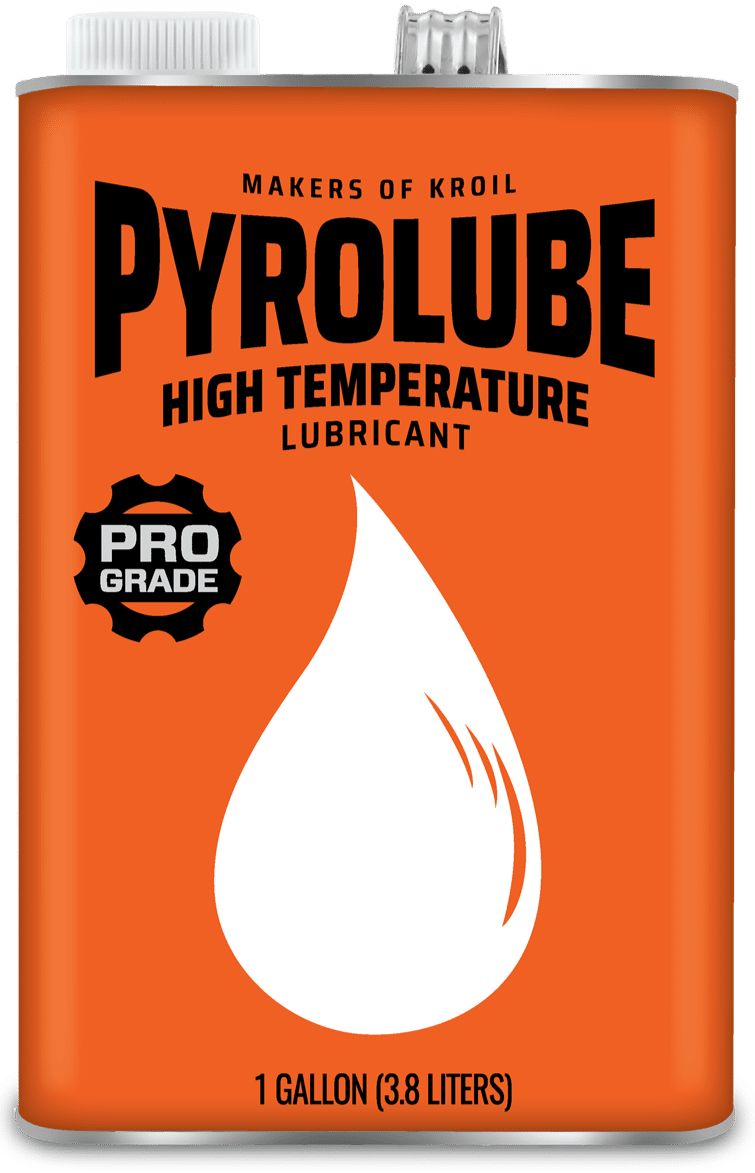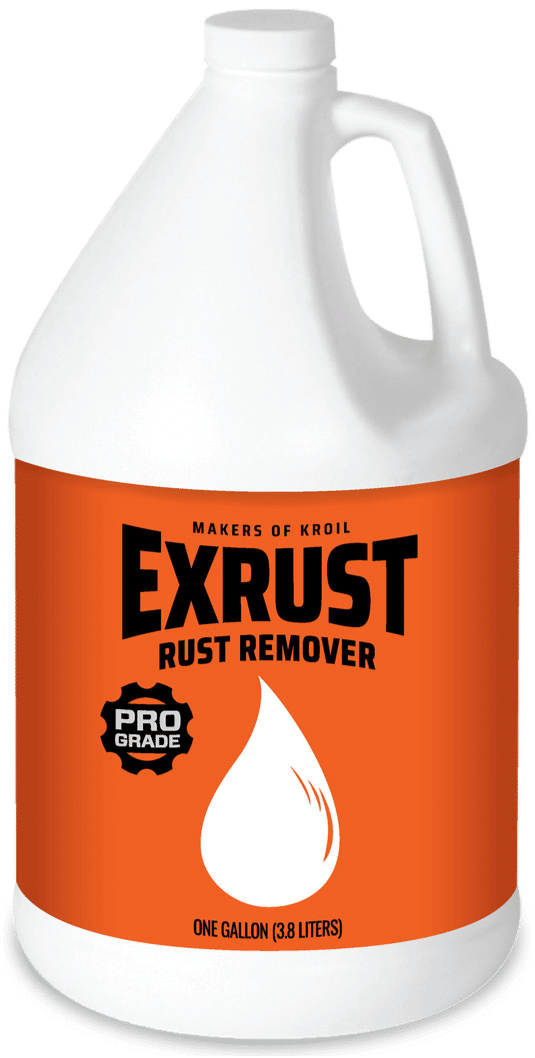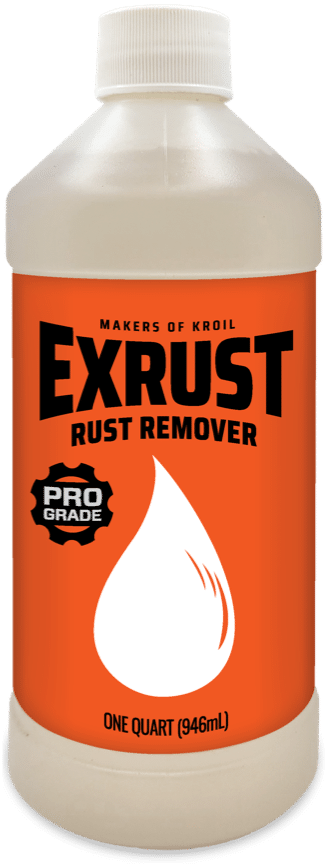To Torch or Not to Torch – That is the Question
We’ve all been there…a nut or bolt needs to be loosened, yet just won’t budge. There are many different methods for freeing stuck parts, from relatively simple (get a bigger wrench, please) to downright violent (hellooooo sledgehammer). Many things can cause metal parts to seize up, including rust, corrosion, paint, environmental factors and even over-tightening. Anything under extreme heat or pressure can also cause metal parts to seize (in such cases, be careful not to remove bolts while under pressure).
A common method to loosen seized parts is to apply heat, which may come in the form of a propane torch, acetylene torch, heat gun, induction heat or a heated element. Scientifically, heat expands metals, which can break the bonds of rust. As metal cools, it contracts to break up rust. While using heat can be effective, there are many risks, and executing this process is really quite an art. Without the proper technique, all kinds of problems can result. First and foremost, there’s always the risk of burns and fire. There is also a risk of negatively changing the physical characteristics of the metal or worsening the problem by warping the bolt. As noted above, heat expands metal, and when you have different masses of metal (i.e. a nut and a bolt), each will expand at different levels. If you heat a nut to a molten glow, the heat could damage or destroy the nut, bolt and any other adjacent parts. In cases involving hardened steel, applying heat can actually break down the hardened properties. Last, but not least, using an open flame in an unventilated, confined space can cause a dangerous atmosphere due to toxic gasses, carbon monoxide and/or oxygen depletion.
So, what’s a frustrated service pro to do?
Penetrating oils have been used for decades to effectively free stuck metal parts, without the inherent risks of using heat. And, when it comes to freeing corroded items, nothing rivals powerful, industry-proven Kroil penetrants. Used and trusted by MRO pros, service technicians and experienced DIYers since 1939, Kroil penetrating oils quickly loosen rusted nuts and bolts, frees frozen shafts, pulleys and more. No space is too tight to reach, thanks to Kroil’s ability to penetrate the smallest opening or crevice. This makes Kroil safer and more effective than the heat option, as it allows for direct application to affected areas. Using Kroil instead of heat also keeps more delicate materials like gaskets, valve seats, o-rings, and insulation from being damaged.
Now, we hear what you’re saying…sometimes a part is so locked down that heat must be considered. So, are there times when you can use heat first, and Kroil later? Yes, but with some important warnings. First, Kroil is flammable and should never be used around an open flame. Similarly, do not apply heat immediately after an item has been sprayed with Kroil or any other chemical. You also never want to apply Kroil to a freshly heated part, for two reasons: 1) it’s a fire and burn risk, and 2) extreme heat can cause the chemicals in Kroil to evaporate sooner and become less effective.
“Kroil is flammable and should never be used around an open flame. Similarly, do not apply heat immediately after an item has been sprayed with Kroil or any other chemical.”
In short, never use Kroil and heat at the same time. On really tough jobs, you can carefully pre-heat the part, let it cool, and then apply Kroil.
In a nutshell, whenever rust or corrosion slows you down, reach for Kroil instead of a torch. More often than not, you’ll be able to complete tough jobs faster and safer than the heat alternative. And, if a worst case scenario demands the use of heat, then carefully heat it, cool it, Kroil it…and wrench it free.
About Kano Laboratories
Founded in 1939 and based in Nashville, Tennessee, Kano is a leading producer of iconic, Kroil branded penetrating oils and lubricants for industrial maintenance, repair, and operations (MRO), and professional specialty trade markets. Kano has built a passionately loyal customer base around Kroil products, which are used by professionals and DIYers to loosen rusted, corroded, and frozen mechanical parts.
In January 2024, Kano acquired Synco Chemical Corporation and its line of premium synthetic, food-grade lubricants designed for industrial applications, including its best-selling Super Lube line of premium synthetic lubricants. For more information, visit https://www.kanolabs.com/.
#####
Media Contact:
Joan Duvall, VP of Marketing
(615) 430-2451
jduvall@kanolabs.com

